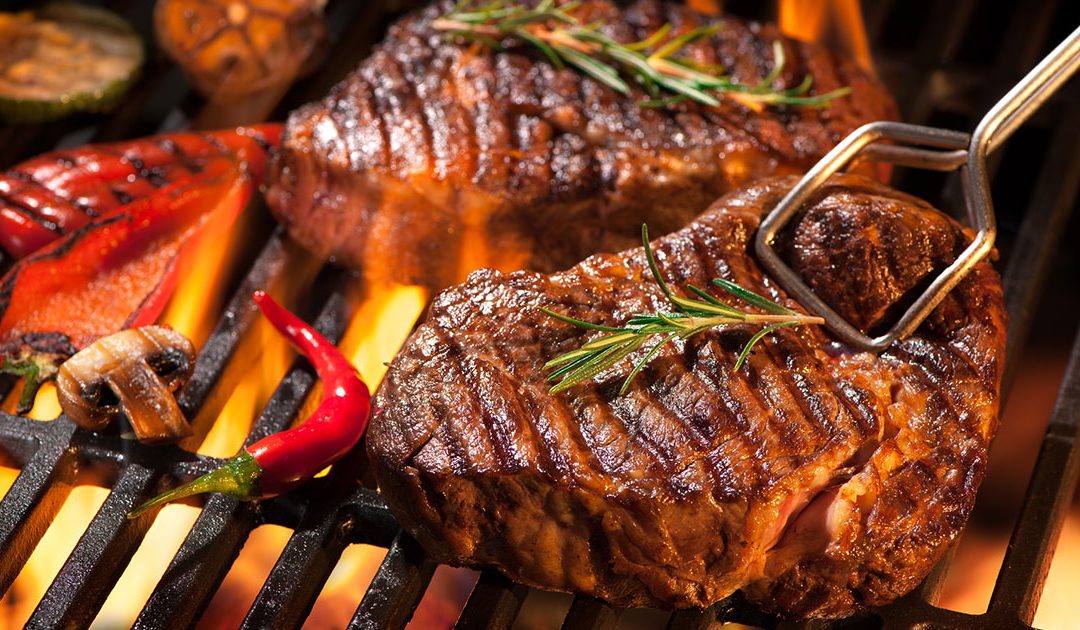Oman today_ Regular consumption of grilled and fried meats can pose health risks. When meat is cooked at temperatures between 75 and 80°C, its water content evaporates, the protein structure becomes more compact, and the surface of the meat turns dry and wrinkled. These changes not only affect the texture and taste but also trigger reactions between amino acids in the meat and creatine, leading to the formation of compounds known as heterocyclic amines (HCAs). Even though these compounds are produced in extremely small amounts (billionths of a gram), laboratory and animal studies have shown that they possess strong carcinogenic properties. Some HCAs have been classified by the International Agency for Research on Cancer (IARC) as possible or probable human carcinogens.
Epidemiological studies indicate that individuals with high meat consumption are at greater risk of developing various cancers, including breast and kidney cancers. Research from Harvard University has shown that high red meat intake may increase the risk of hormone-sensitive breast cancer in postmenopausal women. One of the most compelling explanations for this association is exposure to heterocyclic amines.
All charred proteins contain HCAs, but their levels in eggs or soy protein are much lower than in meat, as meat is rich in muscle tissue and creatine. Although red meat is the primary focus, fish and poultry can also produce HCAs, yet they are generally considered healthier due to the type of fat they contain.
The main factor in HCA formation is high cooking temperatures. Methods such as grilling, roasting, or frying significantly increase surface temperatures, producing HCAs primarily in the outer layers of the meat. Additionally, cooking over direct flames or charcoal exposes meat to polycyclic aromatic hydrocarbons (PAHs), which form from smoke generated by dripping fat. Cooking duration also matters; for example, meat fried at 240°C for ten minutes contains twice as many HCAs as meat fried at the same temperature for four minutes.
While boiling or oven-cooking meat may also produce some HCAs, the amounts are considerably lower. Some studies suggest marinating meat in sauces can help reduce HCA formation, as the moisture lowers cooking temperatures and may introduce antioxidants. Research results on this are mixed, though using olive oil during cooking has been shown to potentially reduce the risk of colorectal cancer associated with fried meat.
To minimize HCA formation when grilling meat, the following practices are recommended:
Use smaller pieces of meat: Smaller portions cook faster at lower temperatures.
Choose lean cuts: Meat with less fat drips less on the fire, producing less smoke and fewer carcinogens.
Microwave before final cooking: Two minutes in the microwave before grilling can reduce HCA levels by up to 90%, but avoid overdoing it to prevent drying out the meat.
Start with warmer meat: Soaking meat in warm water for half an hour before cooking shortens cooking time, but it should be cooked immediately afterward to prevent bacterial growth.
Turn meat frequently: Regularly flipping meat ensures even heat distribution, prevents burning, and reduces HCA formation.
By following these guidelines, grilled meat can be consumed in a healthier way, reducing the risks associated with heterocyclic amines. Occasional consumption of grilled or fried meat is generally safe; the main concern arises from frequent and excessive intake.

